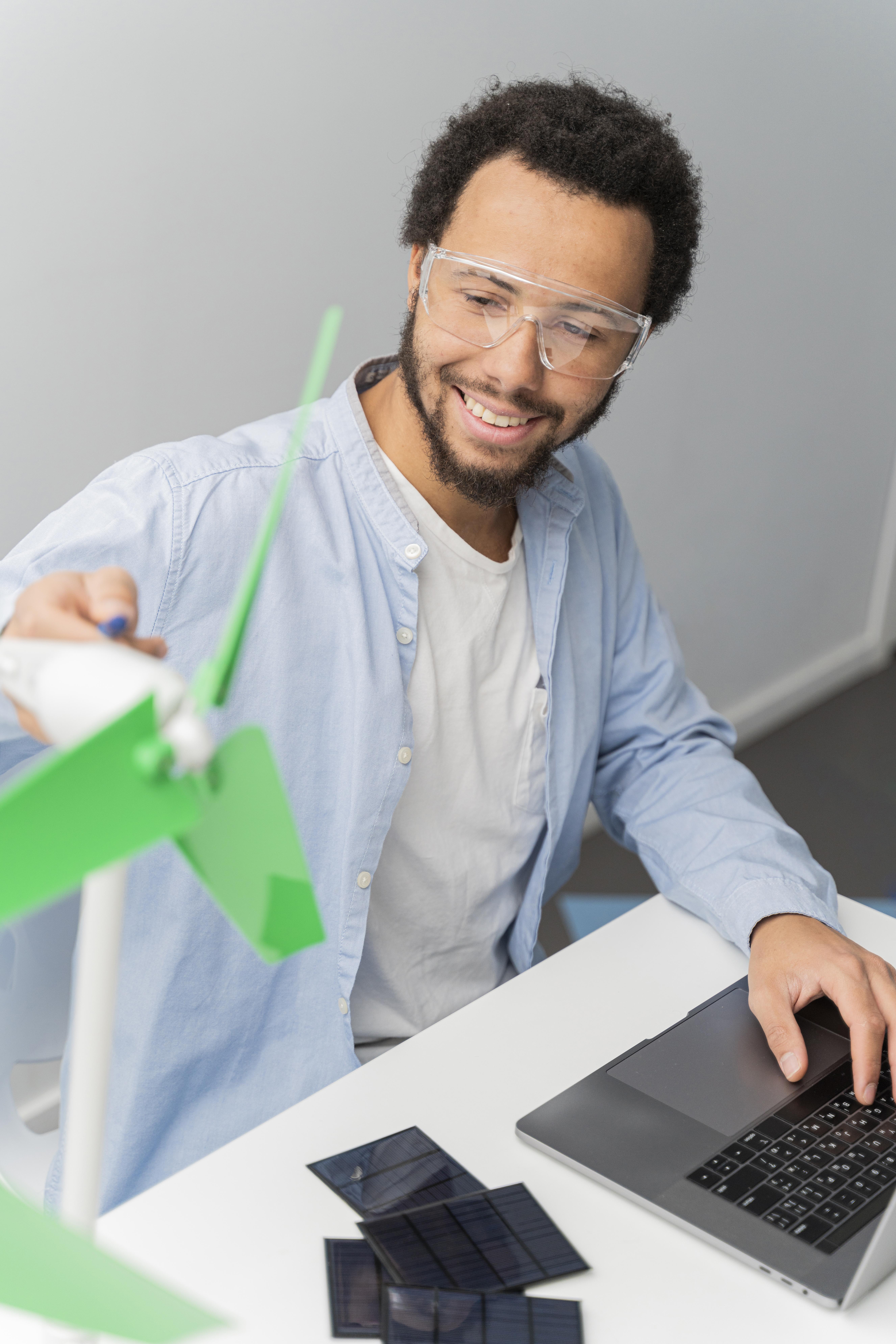How Simreka Enhances Manufacturing Sustainability and Cost Efficiency with AI- Powered Virtual Experimentation and Process Simulation

In the evolving landscape of global manufacturing, companies face increasing pressures to optimize resource efficiency, reduce environmental impact, and maintain competitive pricing structures.
Simreka’s data and AI-powered virtual experiment and process simulation software emerges as a crucial tool in this context, enabling manufacturers to innovate faster while adhering to sustainability and cost- effectiveness.
Streamlining Product Development
Simreka’s platform utilizes cutting-edge artificial intelligence to simulate and analyze the entire lifecycle
of product development from initial concept to final production. By integrating complex datasets—
including raw material properties, production parameters, and environmental factors—Simreka provides
manufacturers with detailed insights into how changes at any stage affect the final product. This
preemptive analysis helps in reducing trial-and-error approaches, significantly shortening the product
development cycle, and slashing associated costs.
Enhancing Sustainability
One of the primary benefits of using Simreka is its ability to help manufacturers identify and utilize
sustainable materials and processes. The software can simulate the environmental impact of various
materials and manufacturing processes, allowing companies to find alternatives that reduce their
ecological footprint.
For instance, by analyzing different combinations of materials, Simreka can suggest formulations that
minimize waste or recommend recyclable or biodegradable materials that do not compromise product
integrity.
Cost Reduction Through Optimized Resource Use
Simreka’s AI-driven simulations enable manufacturers to optimize resource allocation and energy
consumption. By predicting the outcomes of various manufacturing processes under different conditions,
Simreka helps identify the most cost-effective and resource-efficient production methods.
This capability is vital for reducing not only the direct costs associated with raw materials and energy but also for minimizing waste production and the associated disposal costs.
Risk Mitigation
Manufacturing invariably involves elements of risk, particularly when introducing new materials or
processes intended to enhance sustainability. Simreka mitigates these risks by providing a comprehensive
simulation environment where all aspects of the manufacturing process can be tested virtually.
This includes stress testing under extreme conditions, longevity testing, and compliance testing with
international standards, ensuring that all new innovations are both safe and effective before they reach the
production line.
Agility in Market Response
Market trends and consumer preferences can shift rapidly, and manufacturers must be agile to stay ahead.
Simreka’s software allows for quick adaptation by simulating how adjustments to products or processes
can meet emerging market demands.
This agility ensures that manufacturers can respond to market and regulatory changes with minimal
disruption, maintaining a competitive edge.
Data-Driven Decision Making
At the heart of Simreka’s platform is its capability to transform vast amounts of data into actionable
insights. This feature empowers decision-makers to pursue strategies that are justified by precise data
analysis, ensuring that every decision, from material selection to process adjustments, is aligned with both
economic and environmental goals.
Simreka’s AI and data-driven virtual experimentation and process simulation software present a
transformative opportunity for manufacturers aiming to increase sustainability and reduce production
costs. By leveraging precise simulations and predictive analytics, manufacturers can innovate more
responsibly and efficiently, navigating the complexities of modern manufacturing landscapes with
confidence and insight.
As a result, Simreka is not just a tool for today’s manufacturing challenges but a foundational element for
future-proofing industrial practices in the face of global economic and environmental changes.
